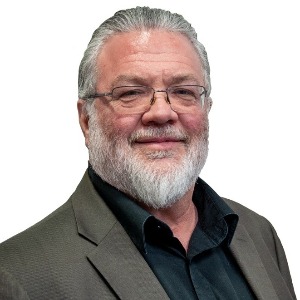Cultural Healing Systems Researchers
Cultural Healing Systems Researchers explore the diverse, community-rooted approaches to health and healing that are shaped by history, belief systems, environment, and cultural identity. They examine how different societies understand illness, wellness, and the human body, documenting practices such as herbal medicine, spiritual healing, energy work, and ritual-based therapies. These researchers often engage in ethnographic fieldwork, collaborating with traditional healers, elders, and cultural custodians to gain in-depth insights into how healing systems are transmitted, adapted, and sustained. Their work helps preserve knowledge that is often undocumented and at risk of being lost due to globalization and cultural erosion.
They analyze how healing practices intersect with social structures, spiritual worldviews, and environmental relationships. Their findings contribute to cross-cultural understanding, health equity, and the respectful inclusion of traditional systems in broader wellness models. They also highlight the value of cultural competence in healthcare by emphasizing the importance of belief, symbolism, and narrative in healing experiences. Cultural Healing Systems Researchers play a key role in validating diverse health traditions and ensuring they are understood within their cultural contexts. Their work supports a more inclusive, holistic approach to well-being that honors the richness of global healing heritage. They also inform culturally sensitive policy-making and healthcare education, fostering systems that respect and integrate diverse worldviews on health and healing.

Mary Jo Bulbrook
Akamai University, United States
Kenneth R Pelletier
University of California School of Medicine, United States
Gene Bruno
Nutraland, United States
Kevin KF Ng
MD Natural Care LLC, United States
Julieta Andico Songco
JAS Consulting Services, United States
Debrah Nadler
Alzheimer’s Support, LLC, United States




Title : The importance of integrating TCM with conventional medicine in the diagnosis and treatment of physical and mental exhaustion due to excess or lack of professional activity
Angela Sanda Tudor, Society of TCM from Romania, Romania
Title : Change your genes - Change your life: Sorting the hope from hype of human longevity
Kenneth R Pelletier, University of California School of Medicine, United States
Title :
Laure Le Corroller, Dr.& Master Sha Tao Academy, Canada
Title : Examining the factors that decrease and increase the effect of acupuncture
Yucel, Elonysia LLC, Turkey
Title : Pure consciousness and lifestyle practices in ayurveda — Positive epigenetic transformations
Girish Momaya, Maharishi European Research University, Netherlands
Title : Akkermansia muciniphila 001 (AKK001™) postbiotic for body morphology and metabolic indicators in an overweight population: A randomized, controlled trial
Gene Bruno, Nutraland, United States